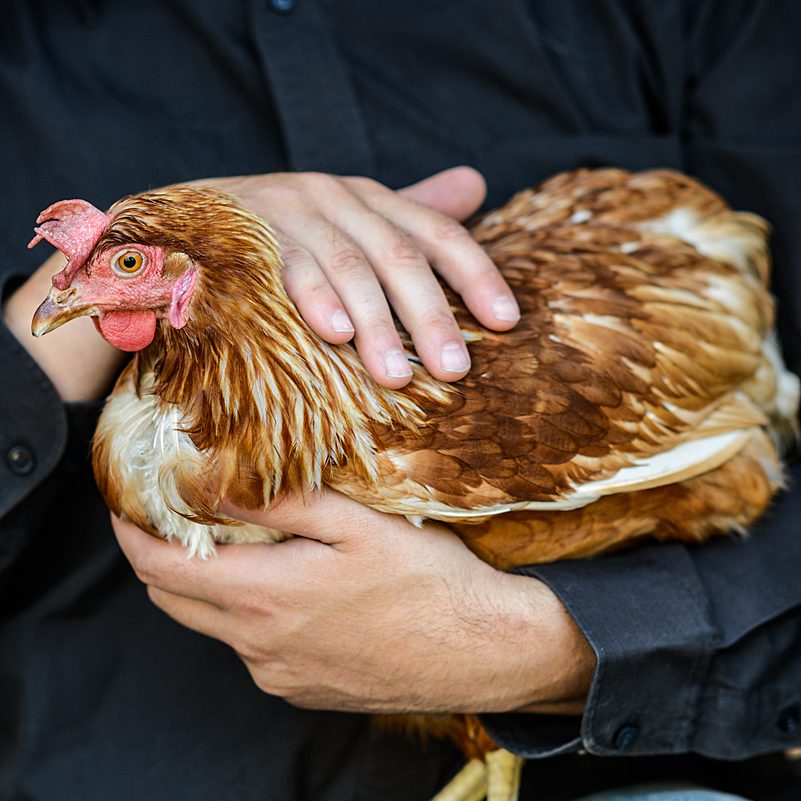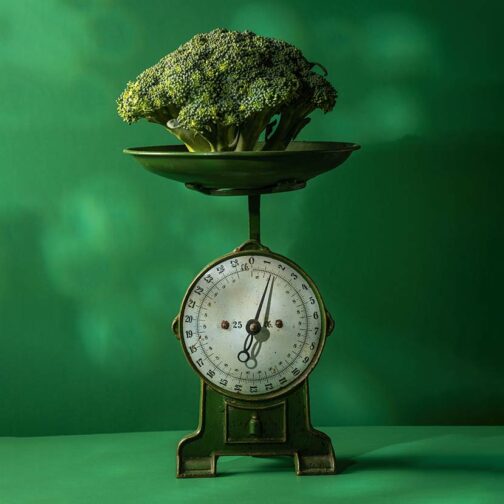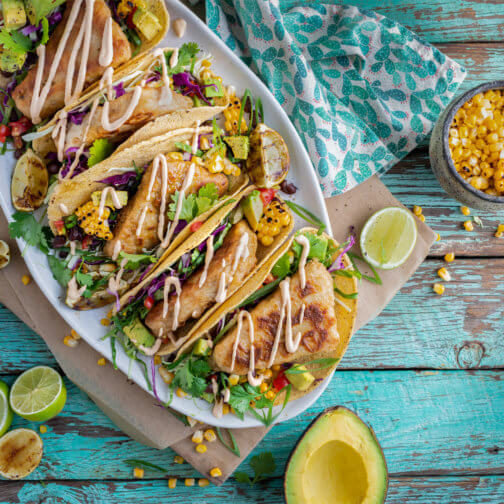
Despite our love for animals, we are failing them. The seismic shift we need can be achieved through animal law and education reforms.
I adore my companion animals like millions of other Australians and, in fact, we have one of the highest rates of pet ‘ownership’ in the world with two-thirds of us sharing our home with at least one animal. We also increasingly understand that it’s not only our furry house friends who are thinking and feeling beings with feelings, desires, and concerns. There is scientific and public consensus about the sentience of other animals too. Researchers are continually adding to our understanding of animals’ abilities. For example, pigs can anticipate, plan, and prepare for events; fishes croak and purr in underwater choruses; elephants grieve the loss of their family members; and kangaroos can communicate with humans. Netflix documentary My Octopus Teacher shocked many of us with yet another species we hadn’t yet understood.
Animals are creative, joyful, and can suffer deep depression. And yet, despite what appears to be an appreciation and understanding of animal lives, we are failing them miserably.
THE WOEFUL STATE OF WELFARE
Globally, 80 billion farmed animals and up to three trillion fishes are killed each year with the majority of land animals caged and confined for life, mutilated, inseminated, and separated from their young. These animals can be confined in spaces so small they cannot turn around, extend their wings, or lie down comfortably. Most pigs, chickens, and other farmed birds are confined in factory farms while large numbers of cows spend their final months in intensive systems like feedlots. Animals are deprived of all meaningful quality of life before they’re killed young, long before reaching adulthood.
According to the Voiceless Animal Cruelty Index, which ranks 50 countries based on an assessment of farmed animal cruelty and the quality of animal protection laws within each country – Australia is one of the worst places in the world to be an animal. Australia slaughters around 28 animals per person per year, which is almost triple the global average. How did we get here?
We could point the finger at centuries of ignorance. Or the faulty musings of philosophers like Rene Descartes who famously pronounced animals to be emotionless ‘automatons’ in the 17th Century. We could consider the role of speciesism, a term popularised in the 1970s, which describes how we consider members of one species morally superior to others. Just like other ‘isms’ (racism, sexism and so on), speciesism is a commonly held ideology based on discrimination and it plays a large part in the way modern society views animals.
Finally, we could look at the vested interests that perpetrate a view that certain animals are unfeeling with no inherent value, other than economic, of course. The industries that spend billions of dollars marketing their ‘products’, lobbying politicians to weaken animal welfare protections, and pushing questionable education programs into schools.
THERE’S REMEDY IN LAW REFORM
In Australia, animal welfare standards lag behind other industrialised countries, and our laws to protect animals are inadequate and lacking. Farmed animals are exempt from nearly all animal welfare protections, even the meagre ones afforded to our companion animals. For example, you can legally deprive farmed animals of food and water (and this often happens during long-distance transport), whereas if you did that to your dog, you could be fined for cruelty.
A fundamental problem is that animals are classified as property in the eyes of the law. In response, some advocates are arguing that animals should be given ‘legal personhood’, which means they would be capable of possessing legal rights and be represented in court through means such as a legal guardian who would speak for their best interests. Lawyers at the Nonhuman Rights Project are doing groundbreaking work establishing personhood for great apes, elephants, and other species in order to release them from ‘wrongful imprisonment’ and into an environment, such as a sanctuary, which meets their behavioural, social, and physiological needs.
Urgent reform is also required within our governing bodies. Currently, the protection of animal welfare in Australia falls within the responsibilities of state and territory agriculture departments, who are supposed to both protect animals as well as promote and regulate animal-use industries. This is, in essence, a conflict of interest. Research from the USA shows that the bigger animal agricultural industries are in a state, the less legal protection there is for animals. What we sorely need is a federal independent office of animal welfare, and this is something that many animal lawyers and advocates have been lobbying for.
A frightening strategy that industries are increasingly employing in order to continue their legalised cruelties unchallenged is the creation of ‘Ag-Gag’ laws. These laws, springing up in Australia and internationally, hinder potential whistleblowers from documenting incidents of cruelty. They do this by limiting or preventing them from recording the operations of commercial agricultural facilities or from making those recordings public. This allows industries to keep their practices secret and to continue operating without accountability and transparency.
MAKING THE EDUCATIONAL SHIFT
To make the seismic shift needed in attitudes towards animals, focusing on school education will also be crucial. You see, it’s not just in our courts of law and halls of parliament where animals are getting a dud deal. There is no curriculum for animal protection in our education system and, when students do learn about animals, it is usually from the animal industries. In a video for primary schools, one industry resource explains that farmers keep hens in cages so they’re clean, healthy, safe, and well cared for. This fails to acknowledge broad-based consensus that battery systems are fundamentally inhumane and, being phased out globally, although sadly not yet in Australia.
We must integrate humane education into our schools, an approach that nurtures compassion and respect for all living beings and ensures critical thinking is front and centre. This will empower students to work on reforming our human-animal relationship and foster a new generation of changemakers.
***
The numbers of animals killed today are staggering, and animal exploitation is integrated into all aspects of our society. There is still so much to be done – but it is possible. Imagine a world where educators, politicians, judges, and lawyers denounce animal exploitation and work towards a future vision of justice and respect. Working together, we can create this reality.


























